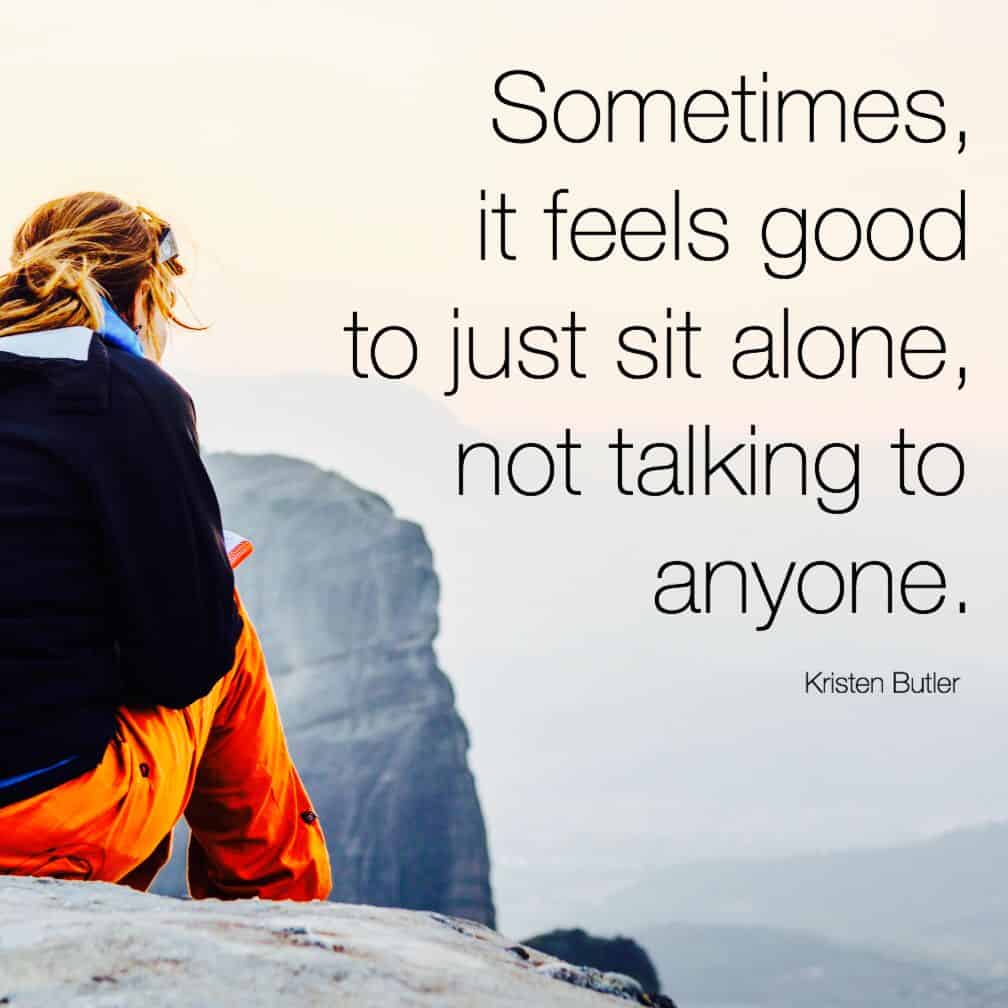According to a 1998 National Representative Sample by the Myers-Briggs organization, 50% of the population identifies as an introvert.
This means that at least half of the people reading this can relate to the following things that only “us introverts” will understand.
10 Things Only Introverts Will Understand
1. Feeling like you could spend forever in your own company and not get bored.
Introverts can spend long periods of time alone and not get tired of it; after all, we derive our energy from solitude. Other people might need constant entertainment and socializing in order to stay happy, but we don’t require that. In fact, we run from it. Solitude, peace, and quiet help us to stay grounded, centered, and balanced.
Give an introvert some space and relaxation, and he or she will deeply appreciate and adore you.
2. Wanting to spend your weekends at home rather than go out and socialize.
Weekends mean something different to an introvert than they do to an extrovert. Introverts see them as two days of pure bliss where they can just chill out and relax without having to answer to anyone or meet obligations, whereas extroverts see them as two days to pack as much fun stuff in as possible. However, introverts just need food, Netflix, nature, animals, and some cuddle time to stay fulfilled on their off time.
3. Getting annoyed with people who talk too loudly or quickly.
Introverts process things differently than extroverts, and usually, they get annoyed with those who talk to hastily or loudly. Introverts need time to go over what you said, and prefer conversations that don’t feel rushed or strained. Loud voices and fast talking can make introverts nervous, and they get frustrated when people either talk over them or don’t match their pace of conversing.
4. Getting nervous when you have to talk to someone new.
Not all introverts identify as shy, but some of them get incredibly flustered when talking to someone they don’t know. If you want to talk to an introvert, make he or she feel welcome and comfortable first – it will help them open up much faster.
5. Blushing a lot when you get embarrassed.
Introverts also don’t enjoy the spotlight, so putting pressure on them or making them talk in front of a lot of people can cause anxiety. However, some people blush at anything they perceive as embarrassing, which can sometimes just mean going out in public or talking to the barista at the coffee shop. Don’t call someone out for blushing; trust me, they know what’s happening. Just keep talking to them and don’t draw too much attention to the matter.
6. Wanting to talk, but then getting tired of it after a few minutes.
Introverts love talking, but in small doses. They can easily get worn out after a long conversation, even if it’s meaningful and thought-provoking. Respect the introvert’s need to recharge before engaging in more conversation.
7. The joy of finally getting away into nature after spending too long in suburbia.
Introverts love solitary activities, and that includes spending time in nature. City life can easily wear them out, leaving them feeling frazzled and disconnected from themselves. They go into the wilderness to reconnect with their souls, so if you identify as an introvert, then you know exactly how great it feels to drive out of the city even for a day or two.
8. The feeling you get when you help someone with their problems.
Introverts make wonderful listeners and advice-givers, because they can empathize with how someone else feels. Even if they just sit there while the other person pours their heart out, it can make that person feel understood and heard. Listening can heal, and introverts would much rather hear you out than talk anyway.
Related article: 20 Funny Cartoons That Describe What It’s Like To Be An Introvert
9. Getting annoyed with people who interrupt your alone time.
We already feel annoyed if we get too little alone time, but interrupting our precious solitude will make our blood boil pretty quickly. Respect our need for space and relaxation, and we will return the favor.
10. Craving close relationships and fierce independence simultaneously.
Introverts are a complicated group – they need both meaningful relationships and plenty of time alone, which can leave them feeling conflicted pretty often. While the relationships in their lives mean so much to them, they also have this unshakable urge to just run away sometimes and enjoy life alone. Striking the right balance between the two isn’t always easy, as any introvert will understand.

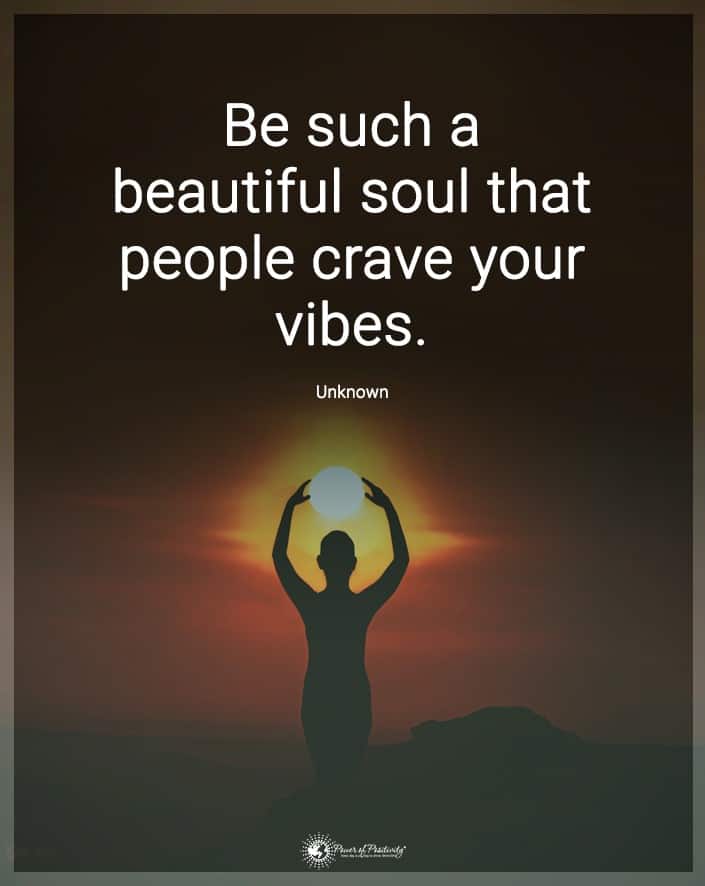


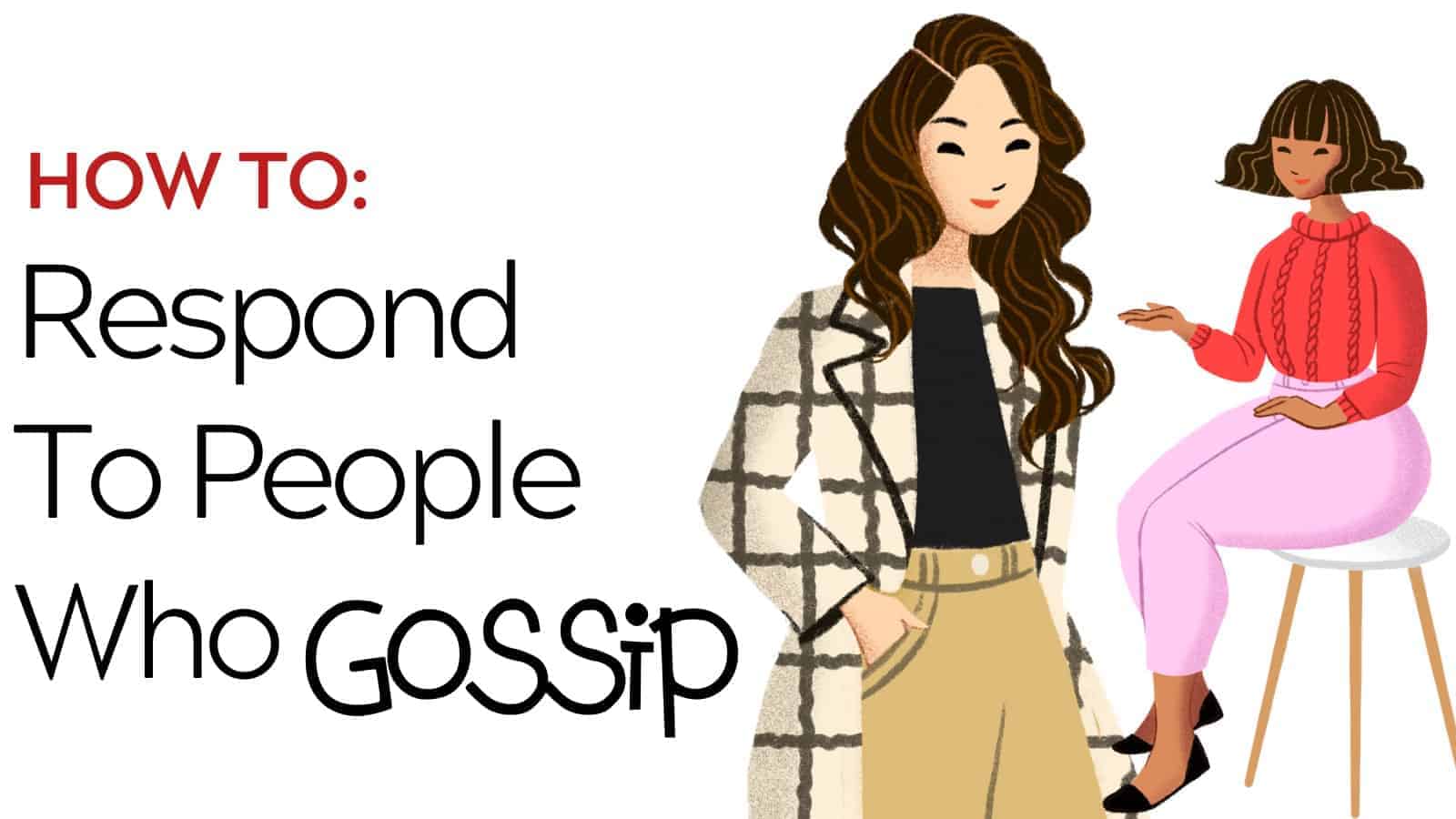
 Acne affects the hair follicles on the face, chest, and back, and most people experience it throughout their lifetime. It affects almost all teenagers as they go through puberty, but it can affect adults, too. Women are prone to acne through their late-20’s.
Acne affects the hair follicles on the face, chest, and back, and most people experience it throughout their lifetime. It affects almost all teenagers as they go through puberty, but it can affect adults, too. Women are prone to acne through their late-20’s.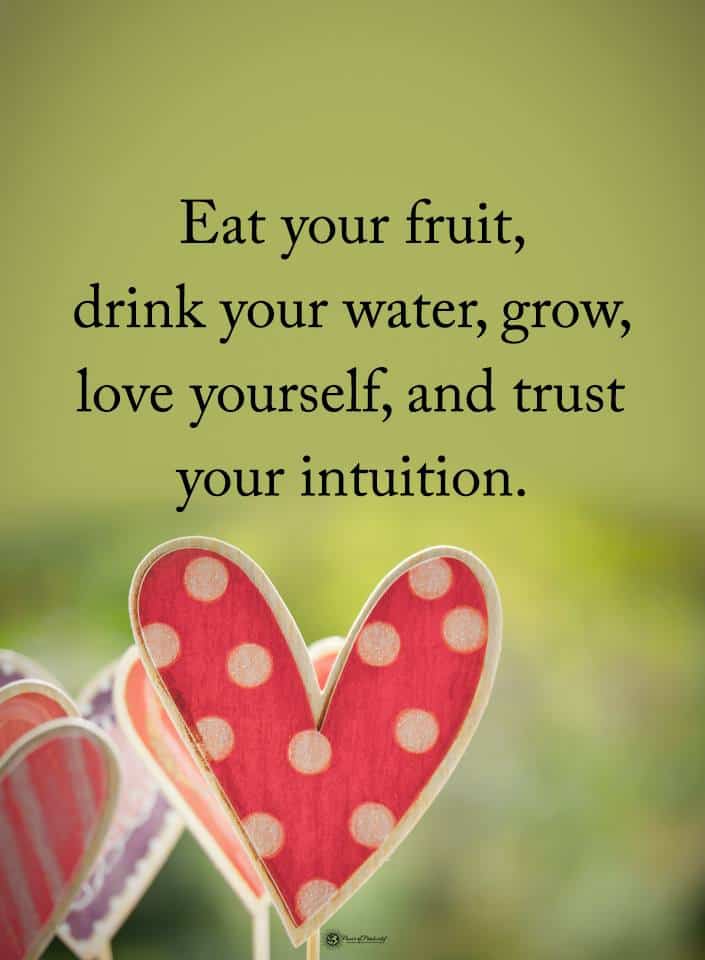 8. Take Fish Oil Supplements
8. Take Fish Oil Supplements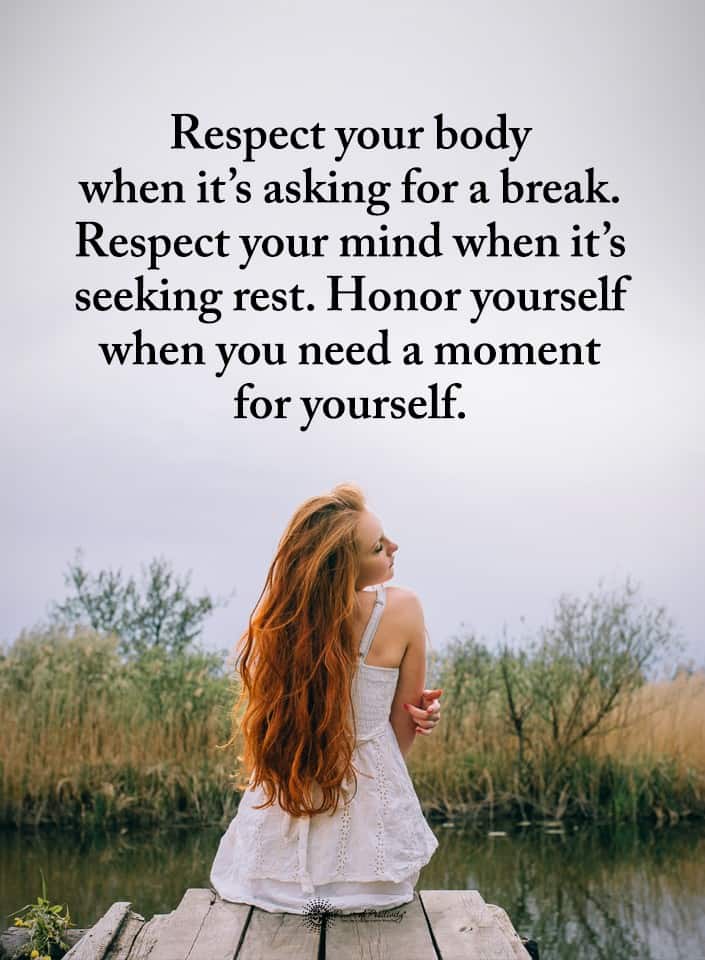 Final Thoughts on How to Get Rid of Acne Fast According to Dermatologists
Final Thoughts on How to Get Rid of Acne Fast According to Dermatologists